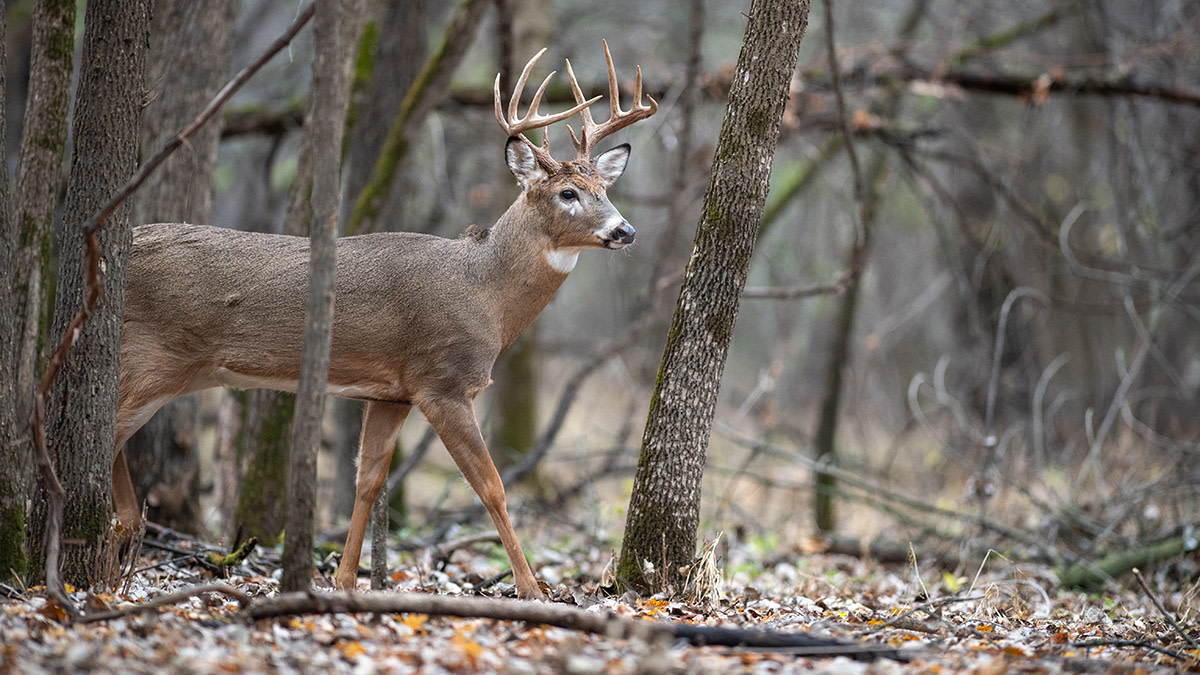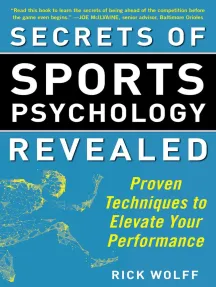Introduction
In the heart of nature’s bounty lies an unexpected connection between conservation efforts and an age-old activity: whitetail hunts. The juxtaposition of hunting and conservation may seem paradoxical at first, but a closer look reveals that responsible and ethical whitetail hunts are playing a significant role in safeguarding ecosystems and contributing to the betterment of our planet.
The Whitetail’s Role in Ecosystems
Understanding the Keystone Species
Whitetail deer, scientifically known as Odocoileus virginianus, are a keystone species in many ecosystems across North America. As herbivores, they shape their habitats by controlling plant populations and aiding in seed dispersal, ultimately fostering biodiversity.
Ecological Balance
Balancing deer populations through hunting prevents overgrazing, which can devastate forests and shrublands. By controlling deer numbers, hunters contribute to the health of ecosystems, ensuring a sustainable coexistence of flora and fauna.
Conservation through Sustainable Hunting
The Hunter’s Role in Conservation
Responsible hunting practices align with the principles of conservation. Hunters adhere to strict regulations and quotas, ensuring that only a certain number of deer are harvested each season. This prevents the deer population from becoming too large, leading to habitat destruction and increased human-wildlife conflicts.
Funding Conservation Efforts
Hunting permits and licenses generate significant revenue that directly funds conservation initiatives. These funds are used for habitat restoration, wildlife research, and anti-poaching efforts, effectively contributing to the protection and preservation of entire ecosystems.
Ethical and Humane Hunting Practices
The Shift towards Ethical Hunting
Modern hunters prioritize ethical practices that minimize suffering and promote humane harvesting of animals. This includes using advanced weaponry for swift and accurate kills, reducing stress on the animal.
Engaging in Fair Chase
The concept of “fair chase” underscores the respect for wildlife and the environment. Hunters embrace the challenge of pursuing wild game on their terms, mirroring natural predator-prey interactions.
Strengthening the Bond with Nature
Reconnecting with the Outdoors
Whitetail hunts provide individuals with a unique opportunity to immerse themselves in nature. This reconnection fosters a deep appreciation for the environment and its inhabitants, promoting a sense of responsibility towards its conservation.
Educating Future Generations
Hunting experiences often transcend generations, passing down a rich understanding of ecosystems, wildlife behavior, and the significance of conservation. These lessons create a ripple effect of informed environmental stewards.
Conclusion
In a world grappling with environmental challenges, the unexpected alliance between whitetail hunts and conservation demonstrates the complex interconnectedness of nature. Responsible hunting practices, combined with a deep respect for the environment, have transformed this age-old tradition into a force for positive change. As we move forward, embracing ethical hunting and conservation efforts will undoubtedly continue to make the world a better place for both humans and the diverse ecosystems we share.
FAQs
Is hunting really necessary for conservation?
Responsible hunting helps manage wildlife populations and generates funds for conservation, contributing to the overall health of ecosystems.
What is fair chase hunting?
Fair chase hunting emphasizes pursuing wild game in a way that mirrors natural predator-prey interactions, maintaining respect for wildlife.
How do hunting practices benefit biodiversity?
By controlling deer populations, hunting prevents overgrazing and habitat destruction, fostering a more diverse range of plants and animals.
Are there alternatives to hunting for conservation?
While hunting plays a crucial role, other conservation efforts like habitat protection and wildlife corridors also contribute to ecosystem health.
How can I get involved in ethical hunting and conservation?
You can start by learning about local hunting regulations, participating in hunter education programs, and supporting organizations dedicated to responsible hunting and conservation.
Author Bio
I Am Lucy Jack, And I Have Been Working As Content Writer At Rananjay Exports For Past 2 Years. My Expertise Lies In Researching And Writing Both Technical And Fashion Content. I Have Written Multiple Articles On Gemstone Jewelry Like Moonstone Ring And Other Stones Over The Past Years And Would Love To Explore More On The Same In Future.




